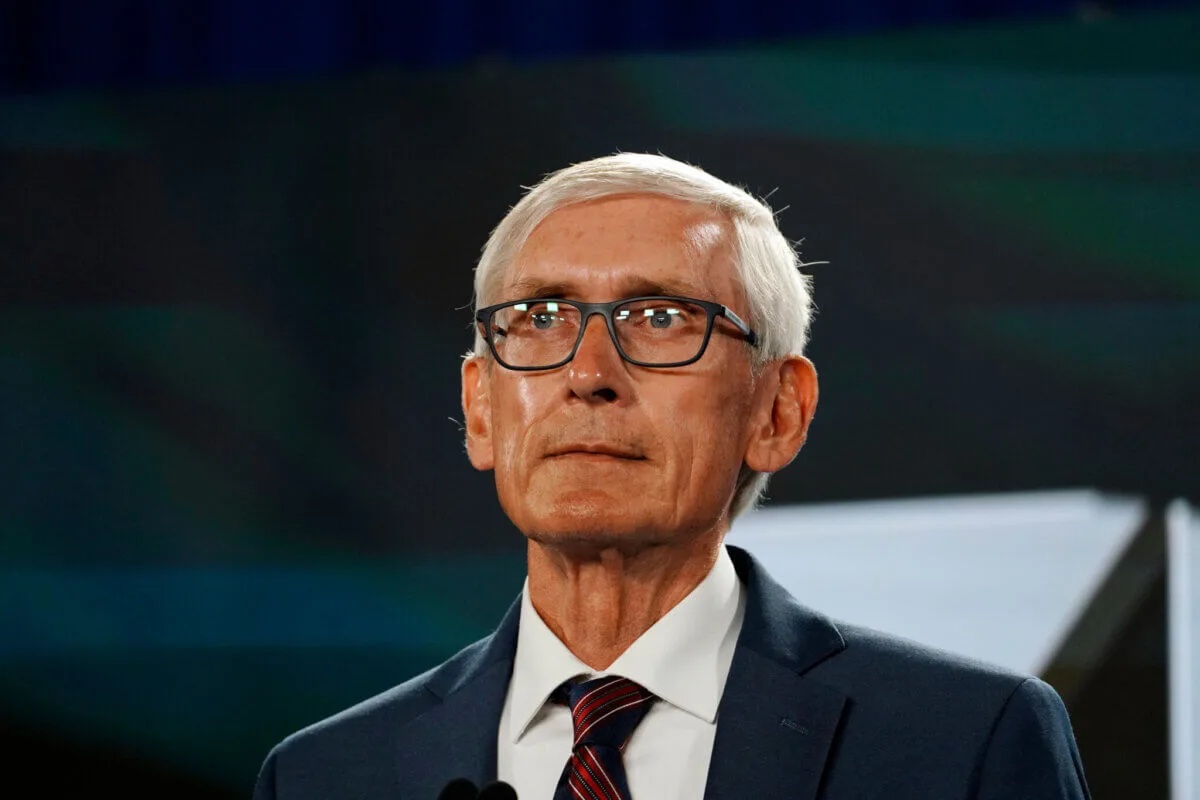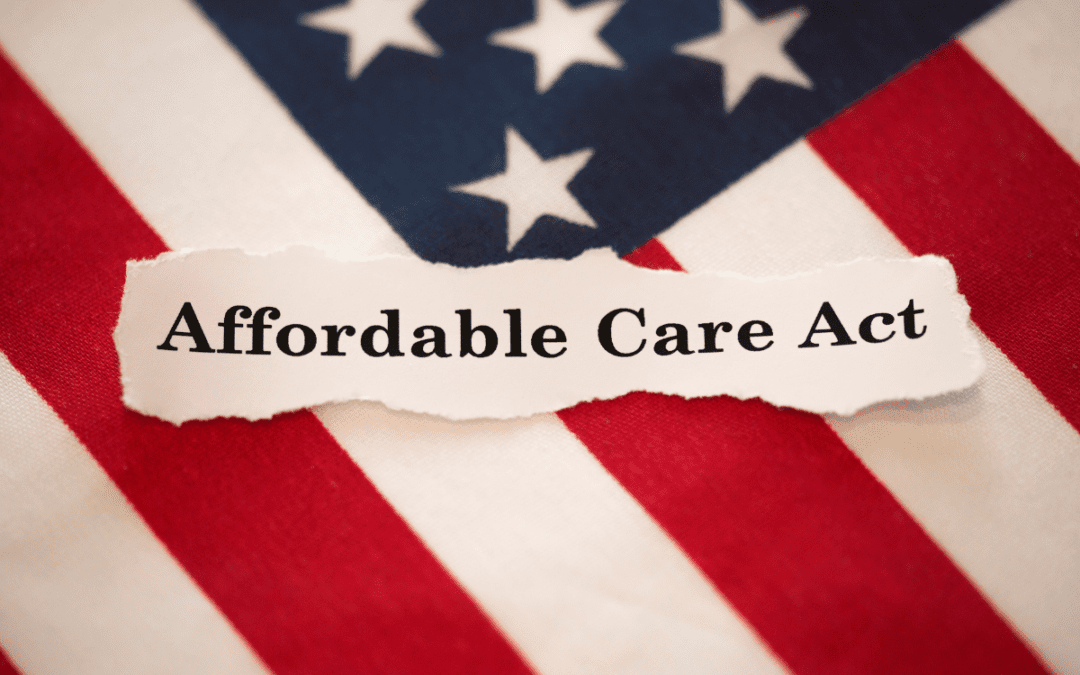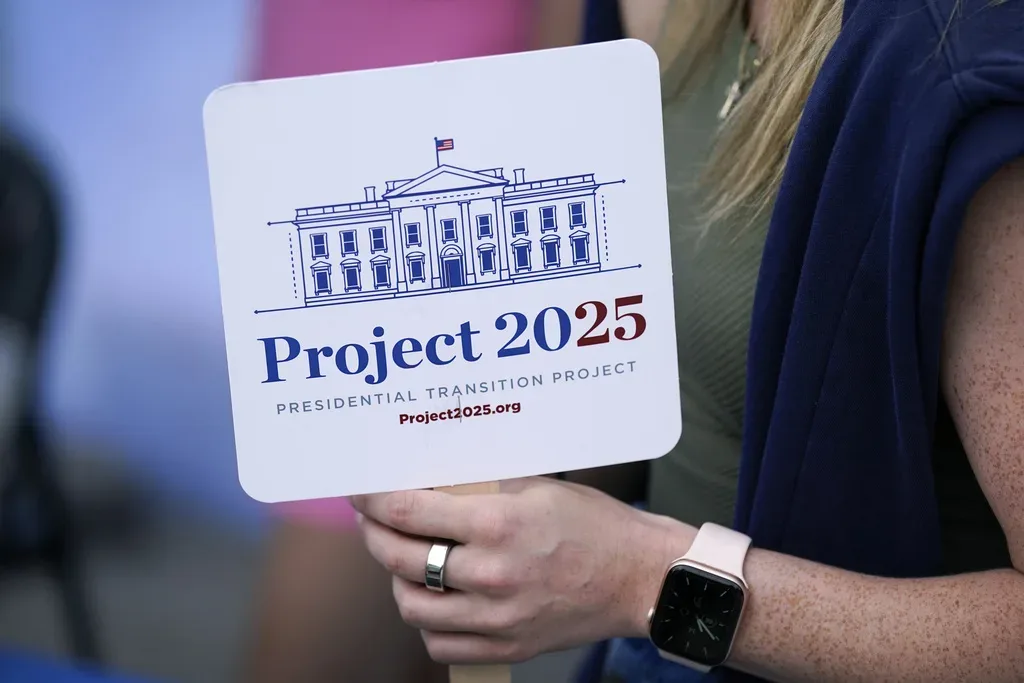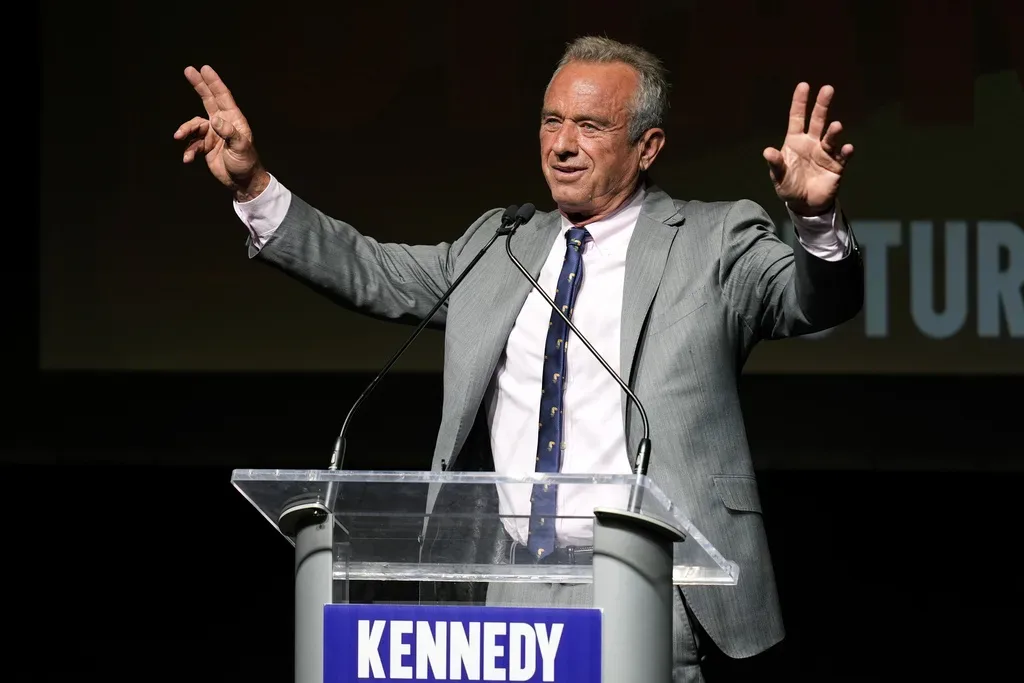
#image_title
#image_title
In a year-end interview, Gov. Tony Evers reflects on GOP attacks on elections, ongoing struggles with COVID-19, and the fight against gerrymandering.
As Gov. Tony Evers looks ahead to 2022, he sees not only a re-election bid against an eventual Republican nominee—but he also sees the race as a test of democracy itself.
As the GOP continues to push lies about the 2020 election and pass legislation—which Evers has vetoed—aimed at making it harder to vote, the governor says such actions constitute an effort to undermine democracy in Wisconsin and the US.
“It’s a definite threat,” Evers said. “And that’s why I’m very insistent on people knowing exactly where I stand.”
RELATED: 18 Actions Wisconsin Republicans Have Taken to Undermine the Electoral System
Election subversion efforts were just one of the topics Evers addressed in a year-end interview with UpNorthNews. He also spoke about top issues in the 2022 gubernatorial election, the state’s continued recovery from COVID-19 as the Omicron variant spreads, and how he thinks the fight over gerrymandering will be handled now that the issue lies at the conservative-led state Supreme Court.
Beyond his position as a guard against controversial Republican legislation, Evers touted the state’s initiatives to expand broadband in rural communities—which he said have given high-speed internet access to about 300,000 households and 19,000 businesses—and fix 1,700 miles of highway and more than 1,200 bridges.
He also highlighted the state’s record-low 3% unemployment rate and newly lowered income taxes—a provision Republicans wrote into the most recent state budget that cut middle-class taxes but primarily benefited people earning $100,000 or more. Evers had originally proposed a more targeted tax cut funded by limiting a controversial tax break for manufacturers.
“What I’m saying here … is we have a record to run on,” Evers said. “That is critically important.”
Throughout the pandemic, Evers used hundreds of millions of dollars in federal COVID-19 relief money to invest in rural broadband, small businesses, farms, and more. He credited that federal relief with keeping the Wisconsin economy afloat.
“We would not have an unemployment rate at 3% if we hadn’t done that,” Evers said.
COVID Remains a Concern
With the COVID-19 pandemic surging again at the end of the year—between the arrival of the highly contagious Omicron variant, overflowing hospitals, rising death figures, and a mere trickle of people getting vaccinated—the state’s coronavirus woes are far from over.
According to data from the Department of Health Services, nearly 10,000 Wisconsinites have now died of COVID-19 and more than 950,000 have been infected. The seven-day average of new daily cases and deaths has increased rapidly since the end of October, though numbers had already been on the rise since Delta arrived in mid-summer.
Evers denied that the state is headed in the wrong direction and said his administration will continue to encourage vaccinations in any way it can.
“Well, I don’t think we’re backsliding, but yes, a new variant is an issue,” Evers said. “…So we’re bound and determined to make sure that we continue to get more people vaccinated. That is the bottom line.”
Still fewer than 60% of Wisconsin residents are fully vaccinated, according to DHS data, and the rate of new people receiving vaccinations has slowed to nearly a snail’s pace.
The state’s vaccine rollout peaked the week of April 4, when more than 433,000 doses were administered, but there haven’t been more than 70,000 doses administered in a single week in Wisconsin since the week of Aug. 29, even as children as young as 5 are now eligible.
“Having more information in the hands of people—and that includes testing information—the better they can make decisions on whether to be vaccinated or not,” Evers said. “We can vaccinate more people. We’re vaccinating thousands of people every day. I would hope to vaccinate many more. We’ll continue to work on that.”
Fair Maps Battle Continues
One area of middling success in Evers’ first term, and especially this year, has been the fight over gerrymandering in Wisconsin.
As a candidate and throughout his term, Evers vowed to block gerrymandering. He created a nonpartisan commission to draw fairer boundaries, which ended up proposing maps that would have decreased—but not eliminated—Republicans’ advantage. All Republicans and some Democrats voted those maps down, while Republicans passed (and Evers rejected) maps that could allow them to override Evers’ vetoes.
The issue will be argued next month before the state Supreme Court, where the justices have already ruled new maps must closely resemble the 2011 boundaries—a policy Republican lawmakers created in September—in a huge blow to fair maps advocates. Evers submitted new maps that would reduce Republicans’ advantage while making fewer boundary changes than the GOP-drawn maps.
“I think we’re in a good place to maybe prevail there, but it’s still a bit murky for me and others whether that can happen,” Evers said, noting that there is also the possibility for federal courts to make rulings on new maps.
He continued, “We think we can make some significant changes with making races more competitive and fair. It may not reach the quality that our commission met, but we’ll be working hard night and day to make sure that we have an opportunity to do that.”
Politics

Opinion: Many reasons why young adults should refuse to let Republicans kill the Affordable Care Act
In this op-ed, University of Wisconsin Medical School student, Samantha Crowley, shares the importance of young adults protecting the Affordable...

He said what? 10 things to know about RFK Jr.
The Kennedy family has long been considered “Democratic royalty.” But Robert F. Kennedy, Jr.—son of Robert F. Kennedy, who was assassinated while...
Local News

Stop and smell these native Wisconsin flowers this Earth Day
Spring has sprung — and here in Wisconsin, the signs are everywhere! From warmer weather and longer days to birds returning to your backyard trees....

Your guide to the 2024 Blue Ox Music Festival in Eau Claire
Eau Claire and art go hand in hand. The city is home to a multitude of sculptures, murals, and music events — including several annual showcases,...



